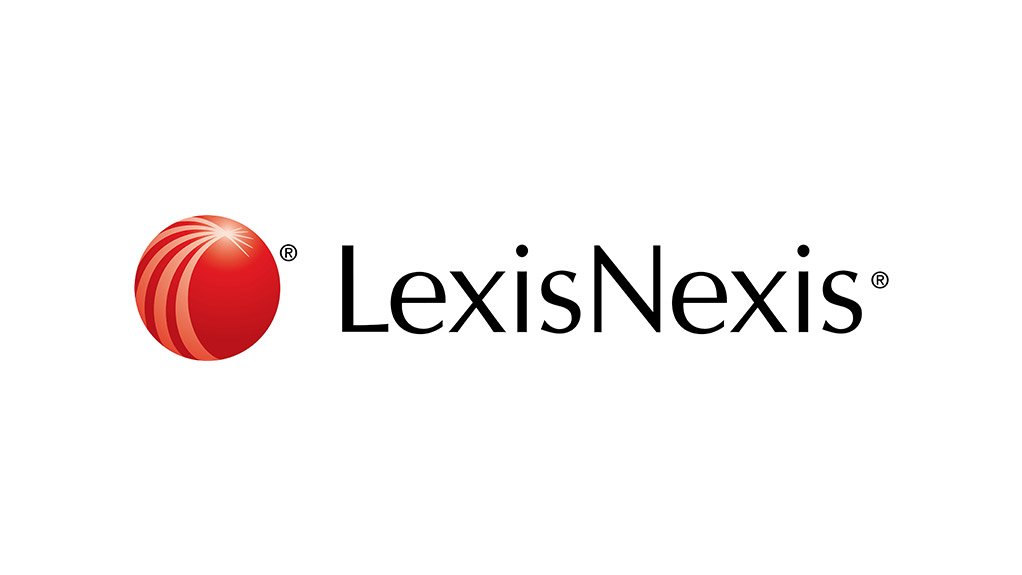Lifestyle audits can be useful in determining if an employee’s spending power is in line with their income, as any money or forms of extravagance that cannot be traced back to legitimate sources should be treated as red flags.
In July, Public Service and Administration minister, Senzo Mchunu, announced that lifestyle audits will soon become standard practice in his department with the establishment of a special investigative unit. A similar model is also being adopted by the Public Works and Infrastructure Ministry, as announced by Minister Patricia De Lille during her budget proposal last month.
Just as the state is turning to lifestyle audits to vet employees in a bid to root out fraud and corruption, so, too, should the private sector view this measure as a critical step in their employee vetting efforts. This is according to Rudi Kruger, general manager of LexisNexis Data Services.
“The risks identified by lifestyle audits include several conflict of interest scenarios that stand to harm the business. These risks often involve improper supplier-employee relationships, where gifts, money and favours may be offered as incentives for supply chain employees to engage in fraudulent or corrupt activities that may benefit the supplier,” said Kruger.
“Every pay bracket has an affordability scale and when an employee’s purchase does not seem affordable then questions must be asked. There could be legitimate explanations but it’s worth vetting employees just to be on the safer side. This is why a review into an employee’s lifestyle may help uncover valuable information,” he added.
Apart from lifestyle audits, other tell-tale signs of fraudulent activities between supplier and employee include:
- Employee listed as director of an active vendor
- Employee co-director of an active vendor
- Employee co-owns property with a director of an active vendor
- Employee purchased a property from an active vendor
- Employee purchased a motor vehicle or goods from an active vendor
- Property transferred to employee as compensation
- Vendor no longer in business or filed for liquidation but still onboarded
- Fraudulent banking details presented and accepted
When the task of vetting employees and suppliers seems dauting, online solutions such as Lexis®ProcureCheck do the work for you. Designed specifically to assist with vetting and screening during the procurement process, the solution is tailor-made for the South African market to assist procurement, compliance and forensic auditing departments in their procurement vetting, supply chain audit and supplier management processes.
With Lexis® ProcureCheck, supplier vetting can be conducted effortlessly on an ongoing basis using advanced functionality to guide you through a practical supplier vetting and escalation process as accurately and easily as possible.
Comprehensive employee vetting against leading South African datasets helps to identify business interests and property ownership of individuals within your organisation and, when cross-matched against your supplier database, can also help to identify connections that pose a financial and reputational risk to your business. For more information, https://www.lexisnexis.co.za/lexisprocurecheck
EMAIL THIS ARTICLE SAVE THIS ARTICLE ARTICLE ENQUIRY
To subscribe email subscriptions@creamermedia.co.za or click here
To advertise email advertising@creamermedia.co.za or click here











